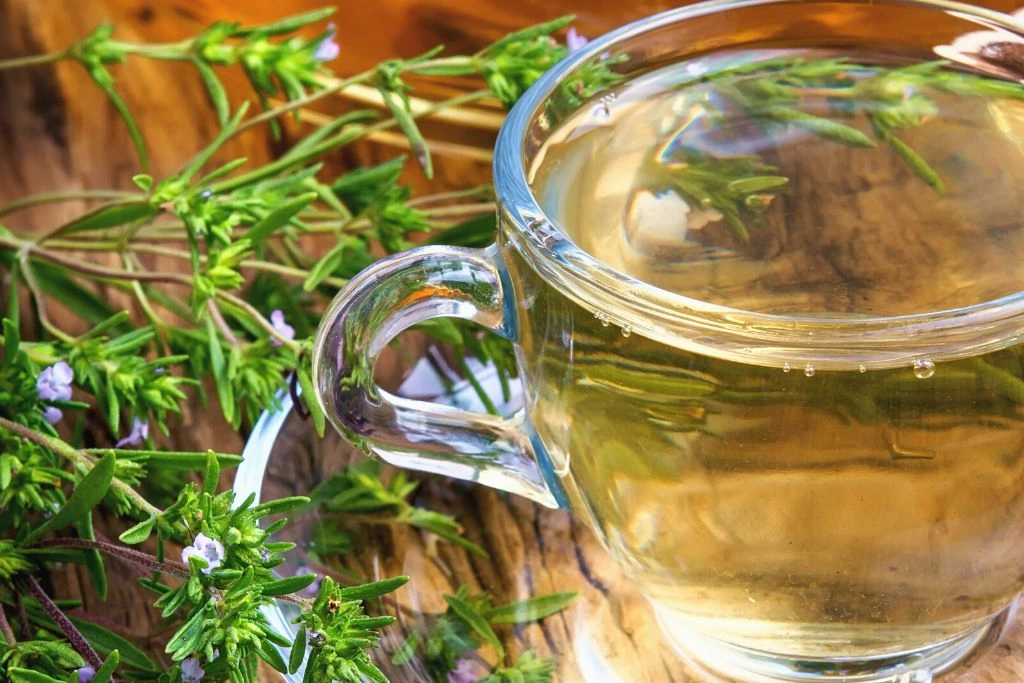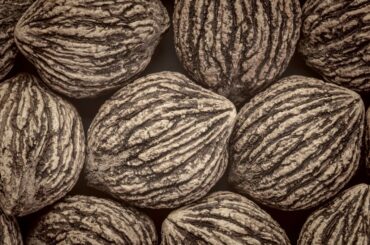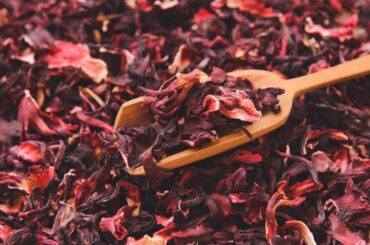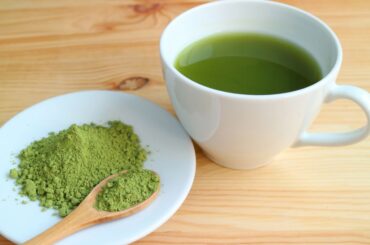What do you use oregano for? Cooking pasta and other dishes is the most likely answer, but oregano also makes a healthy, herbal tea. This soothing beverage does not just bring relief but also other nutritional benefits, like antioxidants.
What Is Oregano Tea?
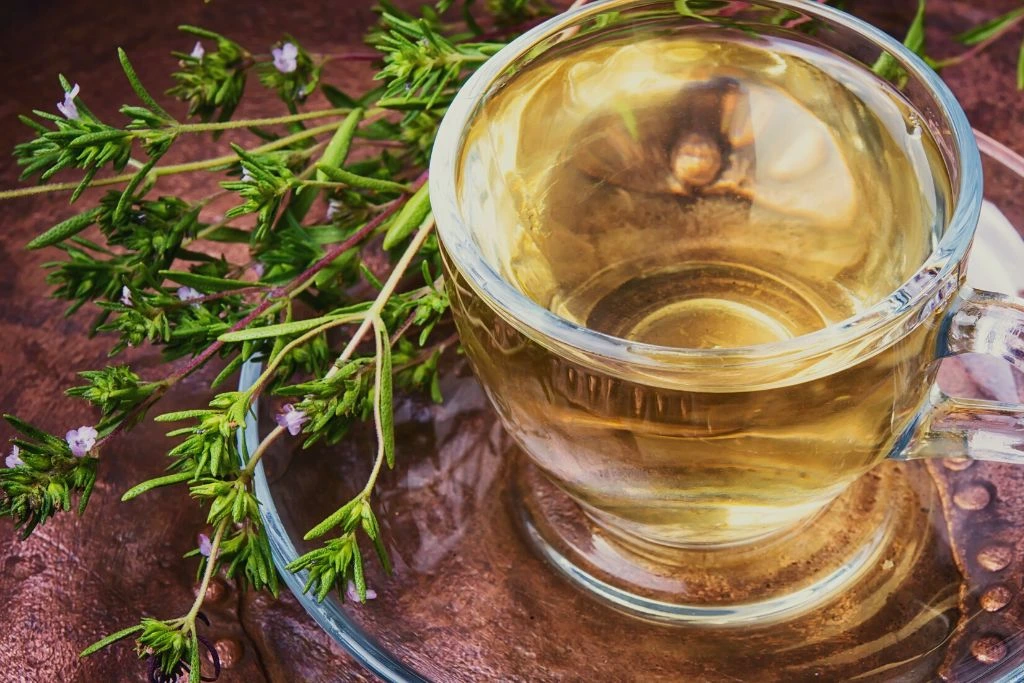
Oregano is a mint, also known as wild marjoram, used for culinary, ornamental, and medicinal purposes. You might be more familiar with its brownish to olive green colored leaves, which you use fresh or dried in the kitchen. Those leaves can also be steeped to make oregano tea.
Oregano tea is a warm, herb-infused beverage sought-after for its soothing effects and health benefits. It is not often an authentic tea because the drink does not have any tea leaves, but you can add the latter for more flavor and benefits.
What Does Oregano Tea Taste Like?
Oregano tea tastes quite bitter, which is why people add sweeteners, like maple syrup or honey, or other flavorings, such as citrus slices. Aside from the bitterness, you may also taste subtle, peppery notes, which can vary according to the type of oregano you use.
Oregano Tea Ingredients
Oregano tea takes less than ten minutes to make, especially when you only make one or two cups. Such an estimation includes the time needed to boil the water and steep the oregano leaves, which can take five minutes or so.
These are the ingredients you’ll need for oregano tea:
1 or 2 Sprigs of Fresh Oregano
With fresh oregano, the flavors and beneficial compounds are more concentrated, so you’ll need fewer leaves to make oregano tea. You should also be careful with fresh oregano, as too much may be too bitter or overstimulating.
2 Teaspoons of Dried Oregano (Alternative to Fresh)
If you opt for dried oregano, you’ll need more than its equivalent fresh oregano. It has fewer compounds, so achieving the target flavor and benefits is relatively more challenging.
1 Cup of Hot/Boiling Water
If you need more servings, increase accordingly. It’s also best to boil the water before you prepare tea to ensure it’s hot, which works best on infusing the oregano.
Sweetener (Maple Syrup, Honey, Sugar)
Sweeteners are optional but highly recommended to tone down the tea’s bitterness. You can use any type, such as sugar, honey, or maple syrup. The amount depends on your preference.
Citrus Slices
Citrus fruits are also optional if you want more flavor to your drink. You can add a slice or two of orange or lemon to bring some acidity that can complement the oregano’s bitter flavors.
Other Flavorings
You can add many other flavorings to your oregano tea, including garlic, pepper, rosemary, flowers, and black tea leaves. Depending on what you add, you may get more than extra flavor as certain ingredients also offer their benefits. For instance, garlic with oregano makes a highly effective tea against coughs.
How To Make Oregano Tea
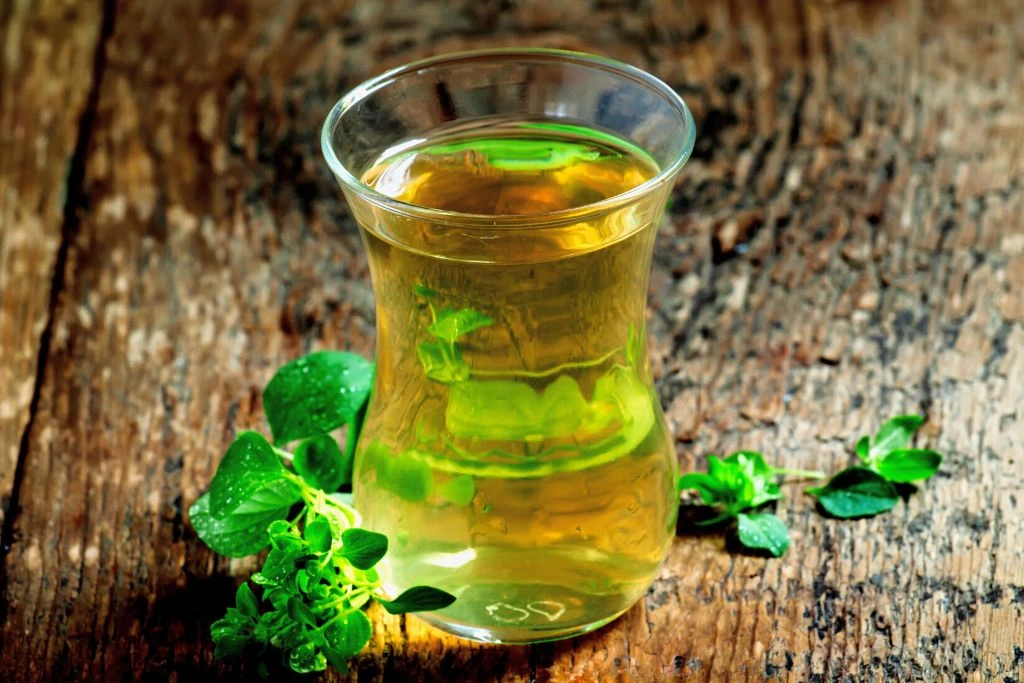
Fresh or dried oregano leaves can be used to make oregano tea. The procedure and needed tools may vary depending on the type you’ll use.
How To Make Fresh Oregano Tea
These are the steps to making fresh oregano tea:
- Boil an adequate amount of water.
- While waiting for the water to boil, wash or clean your fresh oregano sprigs or leaves. Place them in a mug or cup afterward.
- Mash the herb a bit to extract some of its juices. The flavors and healthy compounds infuse faster and easier when you do so.
- Once the water is ready, pour it into the cup or mug with the oregano.
- Let the herb steep for five minutes or so. Then remove after steeping. You can also use a sieve or strainer to separate the tea from the herbs.
- Add your sweeteners and other flavorings then stir.
- Enjoy your fresh oregano tea!
Another alternative to preparing your fresh oregano tea is to chop the leaves and place them in a tea infuser. Then steep the infuser with leaves and proceed as directed.
How To Make Dried Oregano Tea
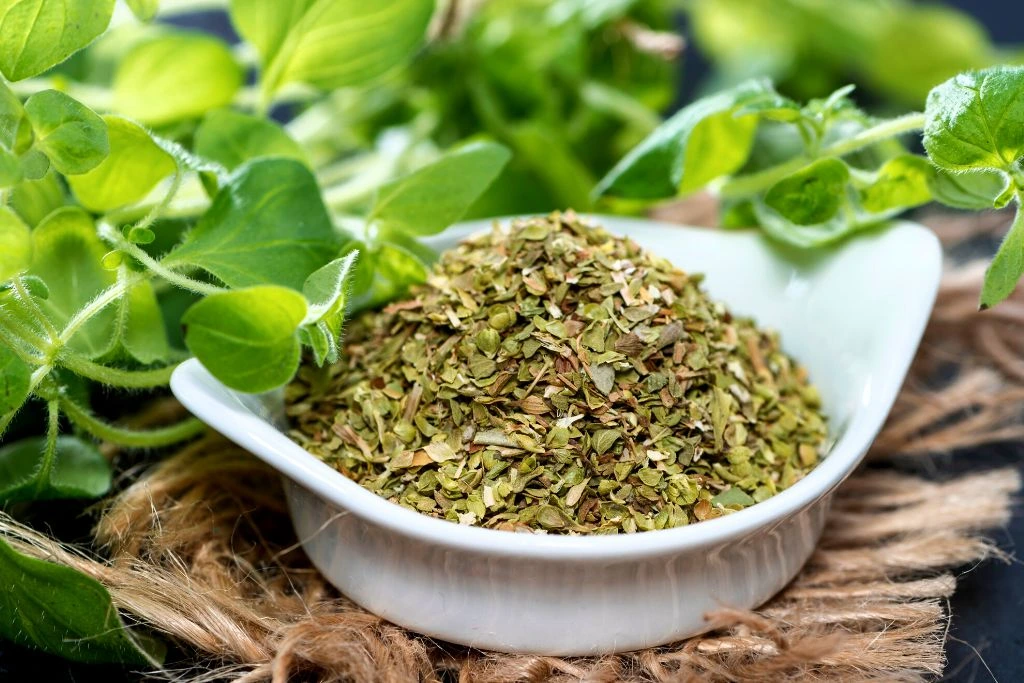
These are the steps to making dried oregano tea:
- Boil an adequate amount of water.
- Put enough dried oregano leaves in an infuser, strainer, or tea bag. Place the filled container in a cup or mug.
- Fill the prepared cup or mug with boiled water.
- Let the dried oregano leaves steep for around five minutes before removing them.
- Add sweeteners and flavorings then stir.
- Enjoy your dried oregano tea!
It is possible to pour hot water directly over dried oregano without an infuser, strainer, or another container. This method, however, makes it harder to separate the herb after steeping, so it is not recommended.
Oregano Tea Benefits
People primarily drink oregano tea for its benefits rather than its taste. Do note that most of these benefits are still inconclusive, as they were discovered in experimental conditions, which are different from drinking tea.
Antioxidant, Antibacterial, and Antiviral Effects
Oregano contains certain compounds, specifically carvacrol and thymol, that are highly effective against the harmful effects of free radicals, bacteria, and viruses.
Anti-Inflammatory Effects
The anti-inflammatory effects of oregano are beneficial against various conditions, making oregano tea good for coughs, arthritis, gastrointestinal problems, and others.
Traditional Medicine and Pain Reliever
Oregano, because of its analgesic and anti-inflammatory properties, was widely used as a traditional medicine that treats menstrual pain, arthritis, asthma, coughs, upset stomachs, skin sores, muscle aches, diarrhea, flatulence, indigestion, urinary tract disorders, and others.
Improves Gut Health
The anti-inflammatory effects of oregano are especially beneficial for gut health, as it can limit the population of inflammatory cells and may also combat colitis or colon inflammation.
Prevent and Improve Diabetes
A group of scientists explored the ability of oregano to prevent and improve Type 1 diabetes in mice based on the herb’s anti-inflammatory, antioxidant, and anti-apoptotic properties.
Energy Boost
Oregano is also a stimulant or energy booster, like coffee, which can make a person more awake and alert.
Oregano Tea Side Effects
Despite oregano tea’s many benefits, it does not always bring advantages to all its consumers, so it should be drunk in moderation and avoided by specific populations.
Over-Stimulation
Too much oregano tea may also overstimulate you, leading to stomach aches, headaches, anxiety, paranoia, and other serious symptoms. Avoid drinking too much of it in a day.
Allergies
If you have a known allergy to oregano, you should avoid drinking oregano tea, as it may induce allergy-related symptoms. You should also not drink oregano tea if you have a known mint, basil, sage, or lavender allergy, as oregano is closely-related to those herbs.
Worsen Bleeding
Oregano can worsen or increase bleeding in people with related disorders or who are taking anti-blood clot medications. Oregano supplements and tea should be avoided before surgery to prevent extreme bleeding.
Uterine Contractions
Oregano is among the list of herbs the University of Texas at El Paso recommends avoiding while pregnant. That’s because it may induce uterine contractions, which are painful and, in worst-case scenarios, lead to miscarriage.
FAQs
How Do You Make Natural Oregano Tea?
You can make natural oregano tea by using fresh or dried leaves and water. Some may find fresh oregano leaves too pungent or intense without additional flavorings, like sweeteners or citrus slices.
What Can Oregano Cure?
In ancient times, oregano was a traditional medicine to cure many ailments. As self-diagnosis and self-treatment have been shown to cause more harm than good, however, it is best to seek professional medical advice, especially for severe conditions.
Who Should Not Use Oregano?
People who should avoid oregano are children, those allergic to herbs, and pregnant or lactating women. These populations are sensitive, so they are more likely to experience side effects, especially when the herb is consumed in large doses.
How Many Times A Day Can You Drink Oregano Tea?
You can drink oregano tea up to three or four times daily. Having too much oregano tea may lead to side effects related to overstimulation, like headaches or upset stomachs.
Is Oregano Tea Good For Sleeping?
Some people find oregano tea, in moderate amounts, to have a soothing effect that makes it easier to sleep. As the herb is a stimulant, however, you should monitor how much you drink, or you’ll become alert and awake instead of sleepy.
What Bacteria Does Oregano Fight?
The antibacterial properties of oregano are effective against many bacteria, but the most relevant to you are Staphylococcus, Pseudomonas aeruginosa, Acinetobacter baumannii, and Escherichia coli. These specific organisms are among those commonly associated with bacterial infections.
Is Oregano Tea Good For Your Kidneys?
Oregano tea is good for the kidneys, as it helps prevent and dissolve kidney stones, and its antibacterial properties may also be beneficial in combating urinary tract disorders. Seek medical advice for the best treatment if you are experiencing grave urinary or kidney-related symptoms.
Is Oregano Tea Good For Your Stomach?
Oregano tea is good for the stomach, as its anti-inflammatory properties can improve gut or gastrointestinal health. However, you should only drink this tea in moderation, as too much oregano tea can upset the stomach instead of relieving it.
Is Oregano A Powerful Antibiotic?
In various studies, oregano exhibits strong antibacterial properties against different bacteria; thus, it can lead to the development of a potent antibiotic or an alternative for one. However, studies are yet to be conclusive, so avoid using the herb or tea to treat bacterial infections.

